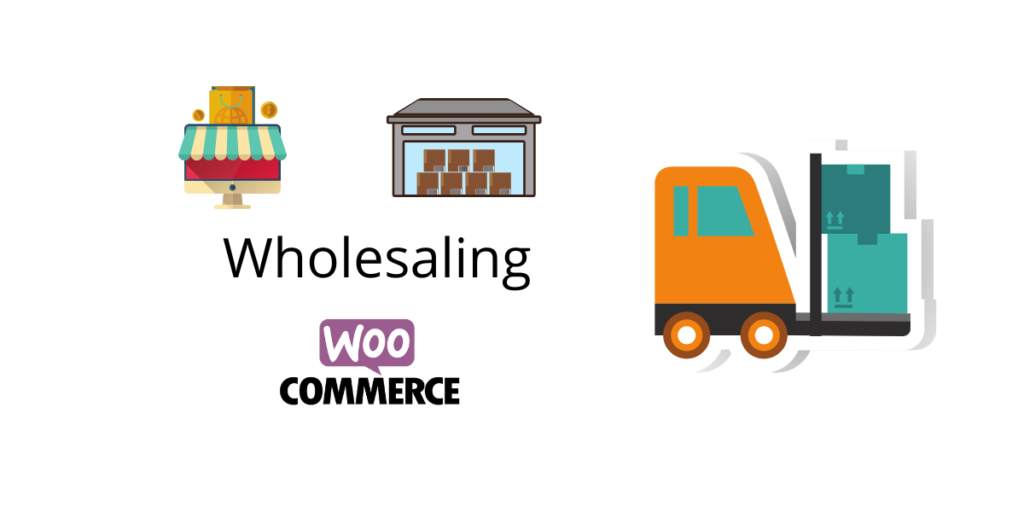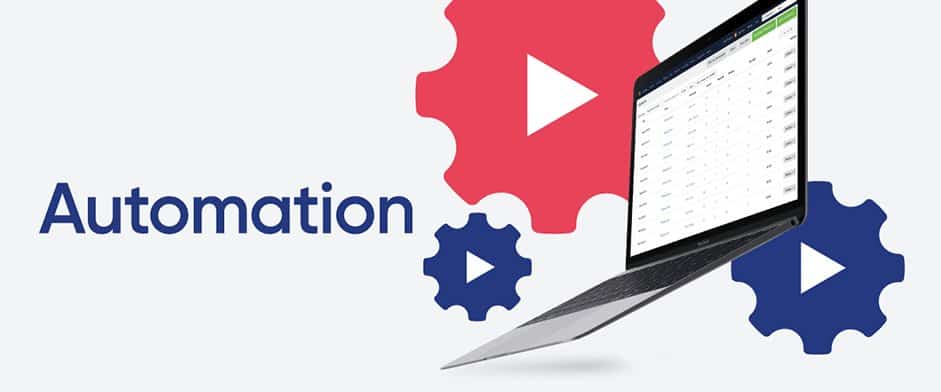Despite what critics say, WooCommerce is the best choice to open up a wholesale eCommerce store.
WooCommerce is a powerful platform with over 3M live websites on a platform that hosts 34% of all the websites on the internet.
Among its myriad of features, what stands out most about WooCommerce is that it’s free.
While it’s a good platform, you might be thinking that WooCommerce is built solely for a Business to Consumer (B2C) store. If you have such a train of thought, we don’t blame you. Historically, it has been used for such purposes.
But that’s not what WooCommerce is about anymore. It’s come a long way since the days it used to facilitate only B2C purchases. Many businesses are now operating efficient wholesale stores using WooCommerce.
Being an open-source platform, WooCommerce is highly-customizable, allowing you to create a wholesale store built according to your requirements and specifications.
The number of WordPress theme templates, and WooCommerce extensions can help you design your store according to your aesthetic vision.
When it comes to wholesale-specific features, WooCommerce doesn’t lag behind. WooCommerce has a wide range of extensions available that give your store the wholesale touch.
From quotation management to quick ordering, WooCommerce facilitates every process. Being a popular platform, it has gained significant recognition from companies like PayPal and Stripe, who have their own payment gateways integrated into the platform.
In this article, we’ll be outlining the three main ways you, the retailer or wholesaler, can enter into the digital B2B wholesale market.
Creating an Individual Wholesale Store

The good thing about WooCommerce is that it’s highly flexible. If you’re catering to both wholesale customers and B2C consumers, WooCommerce facilitates your operations at both levels.
If you want to sell wholesale, then you can do so with WooCommerce. Unless it’s necessary, it’s best to stay with a single sales model so as to not overcomplicate your supply chain and logistics operations.
A wholesale store is very different from a consumer-facing one in terms of the user experience and performance. Integrating the two would mean customized stores that work the way you want them to. Due to their differences, however, you’re left with two stores that aren’t connected. When you add inventory into the mix, wherein the physical products are present, you’re left with a logistical problem. If you don’t fix it soon, the dilemma can quickly turn into a nightmare.
To add wholesale specific features to your WooCommerce store, you can use a B2B eCommerce solution that helps you integrate both selected features or an entire managed hosting solution to your store.
Automating Wholesale Orders

There are some wholesale store owners who still report orders manually even while they have an eCommerce setup. The process goes that they take their orders online and communicate with customers manually.
Generally, this process is not ineffective; it’s just outdated. It has fallen from its once-coveted position to becoming an unscalable option for businesses.
There is so much more than you can achieve with WooCommerce. For example, you can set up a live-chat integration or have a “Contact Us” button on your landing pages so your customers can communicate with your sales representatives directly.
In inventory management, the traditional process is not as effective since it involves manual inventory management processes. With WooCommerce’s efficient inventory management system, you can reduce a great deal of burden on your shoulders. At the same time, you also gain the benefits of not messing up your orders.
Optimize Wholesale Processes Through Plugins

Besides the monetary benefits you can gain from WooCommerce, the best thing about WooCommerce is its wide variety of plugins you get from the platform itself and WordPress.
For example, suppose you want to introduce wholesale features to your store. In that case, you can use the Wholesale Customizer Plugin to add variation products, set minimum and maximum order quantities, and allow customers to request samples for products.
Another plugin you can use is Product Tables for WooCommerce that lets you streamline your wholesale processes by introducing a customizable quick order table that allows users to order products directly from the table.
It helps customers avoid going to multiple product pages to purchase the product. If you have regular customers in your store, this can help streamline processes even further.
This plugin allows owners to add a request for quote functionality within the table. It enables customers to not only organize all their products in one place but also request quotations at the same time.
Besides these, there are plenty of plugins that can prove detrimental to your wholesale operations. WooCommerce has a wide range of plugins ranging from dynamic pricing to order management, quote requests, etc.
In terms of getting your site noticed in the digital world, you have visual plugins like Elementor and SEO plugins like Yoast to make your website stand out in terms of both design and search engine rankings.
The only drawback of using WooCommerce is that in the beginning, it would be rather costly. While it’s free to install, there are associated costs of a managed hosting solution, domain names, and related plugins that can take up some costs in the beginning.
That being said, when compared with other platforms, it’s a lot cheaper.
If you want to take your WooCommerce B2B wholesale processes to the next level, you can use B2BWoo’s efficient platform. Purpose-built for wholesale operations, B2BWoo (WooCommerce B2B solution) ensures that you get all the necessary tools to take your B2B business to the next level.
- Wholesale management.
- Catalog management.
- Corporate account management.
- Quick ordering and product table functionalities.
- Requests for quotes.
On top of all of this, the B2B eCommerce platform is highly customizable. You can create a responsively designed, and highly aesthetic store which guarantees streamlined performance and efficiency in processes at every level.
The one criticism we’ve seen with WooCommerce is that it’s not scalable. The argument that the core processes are not built to facilitate scalability is entirely false. With the right managed hosting solution, your store can benefit significantly.
Read Also
